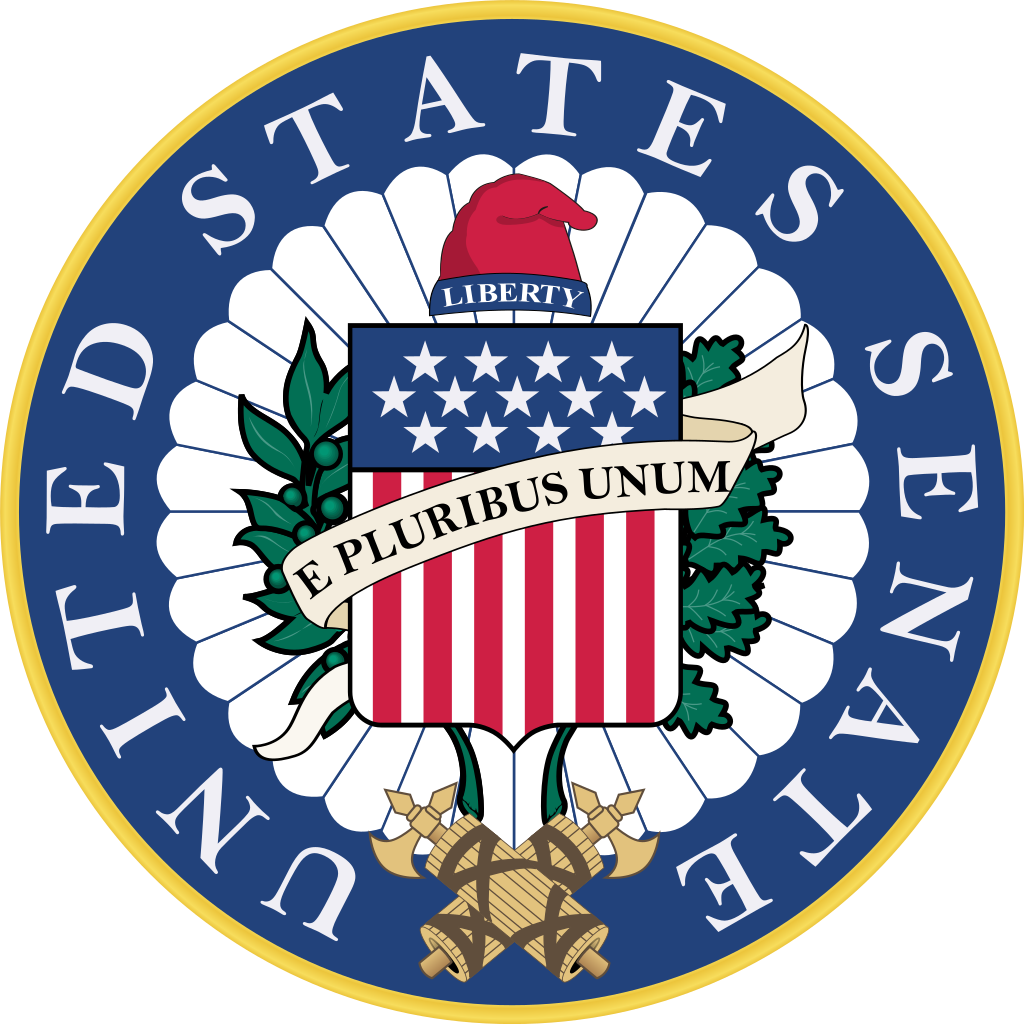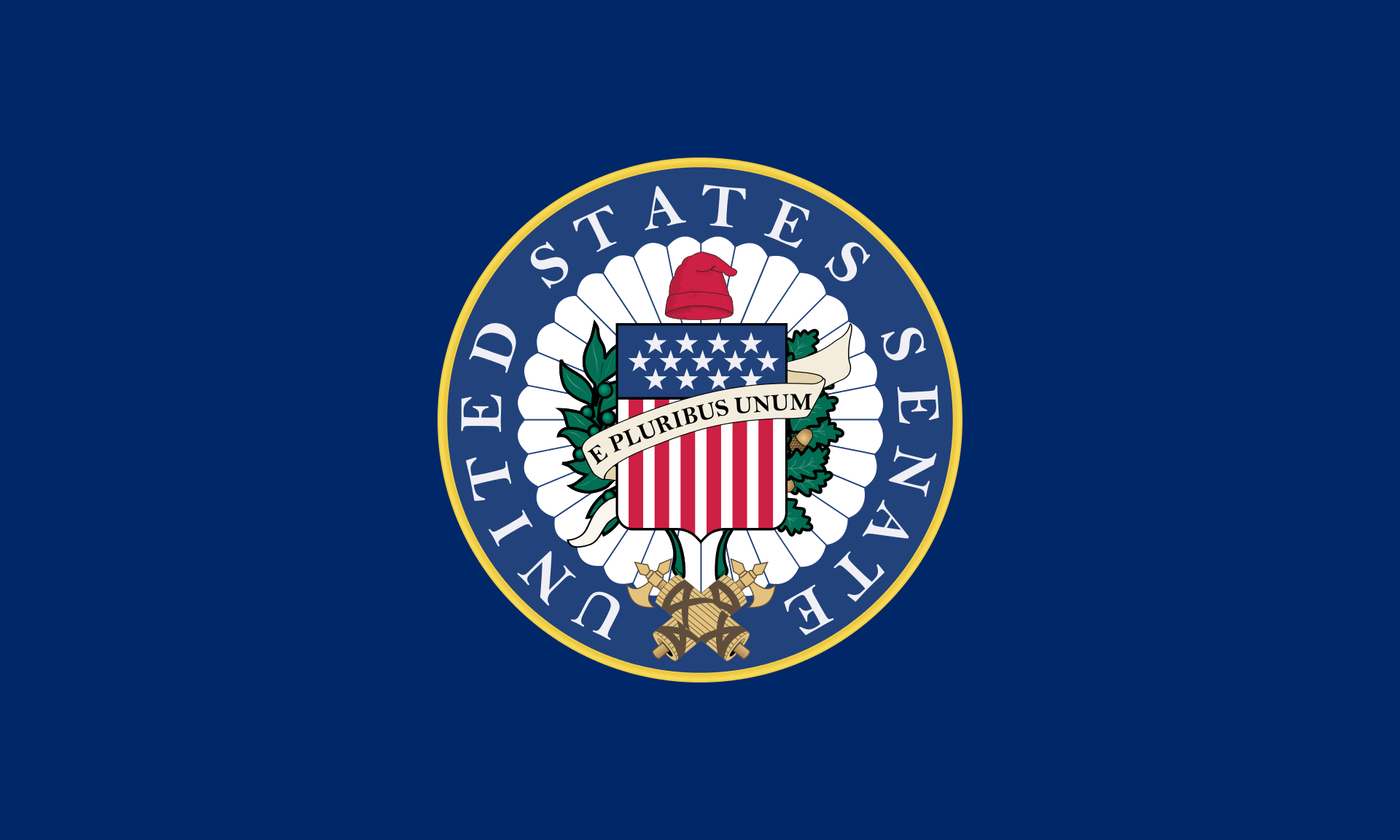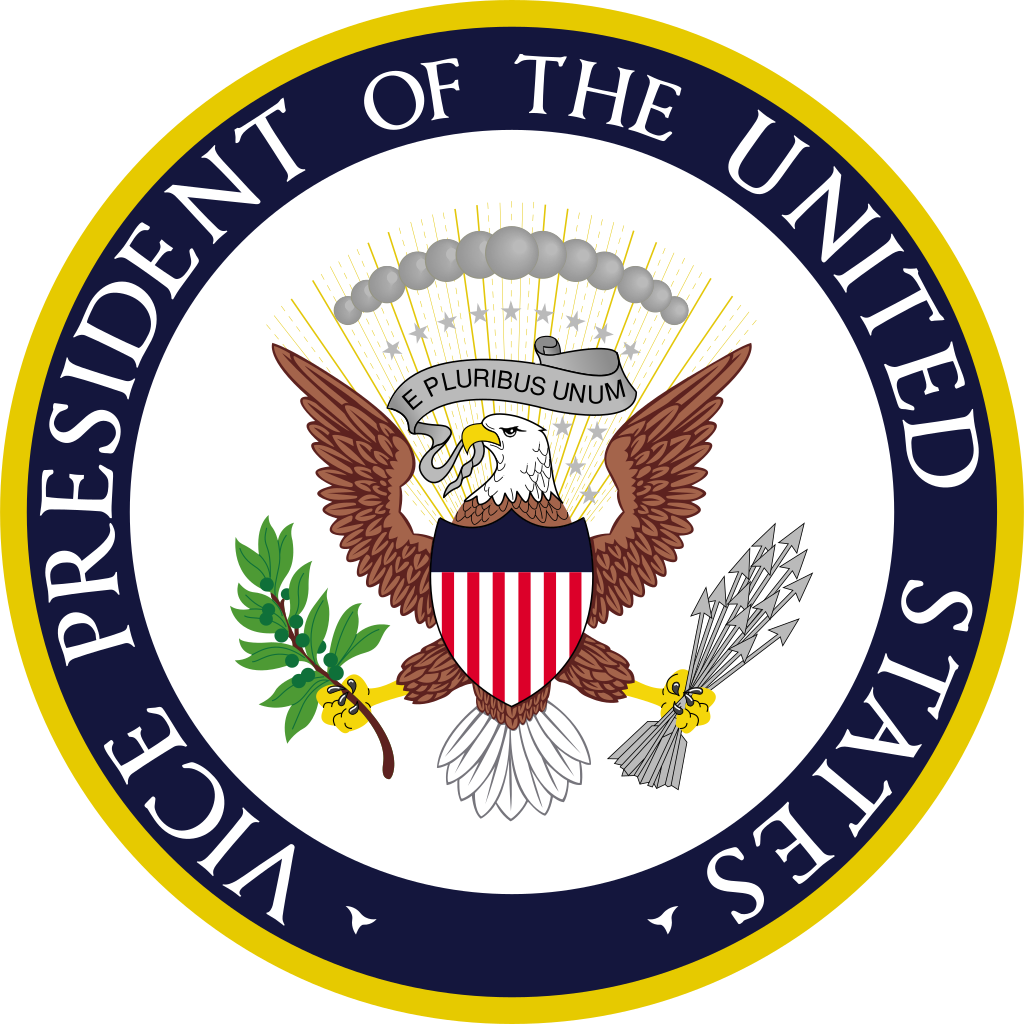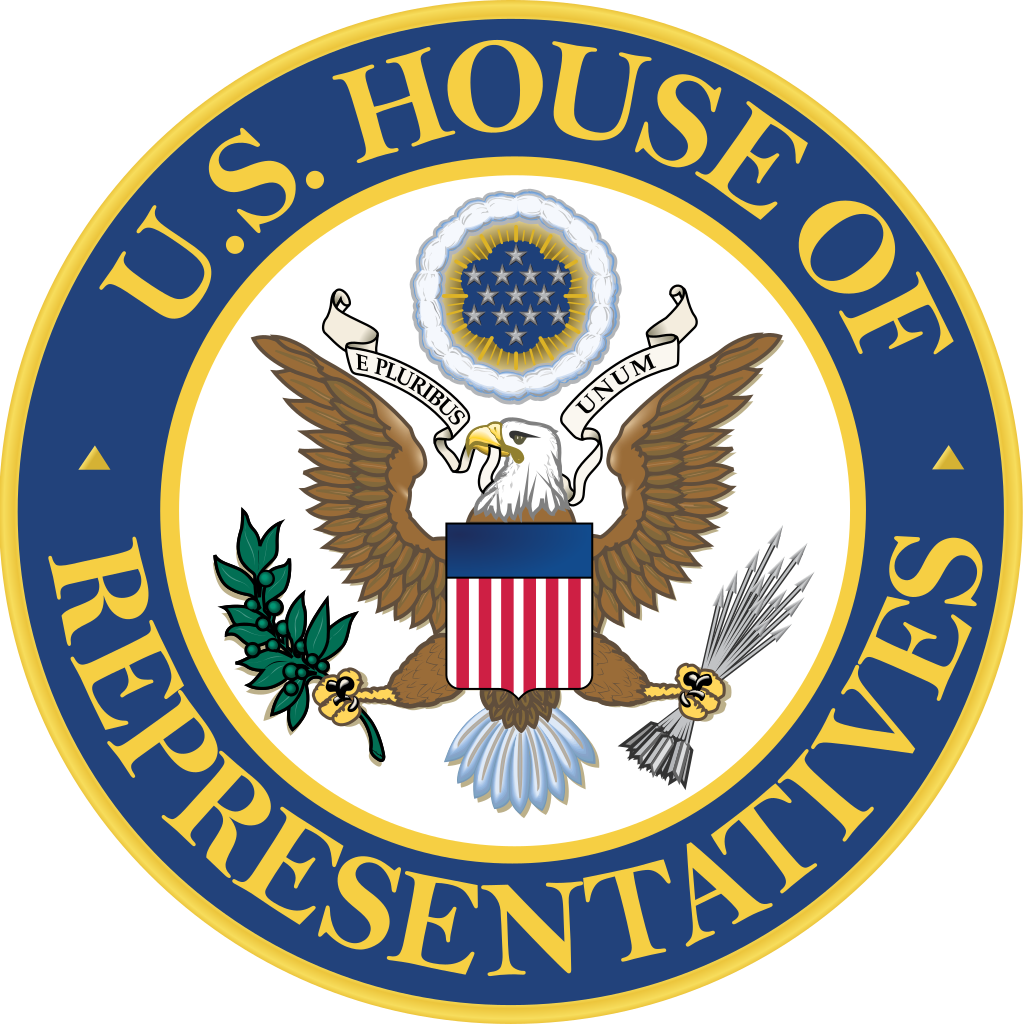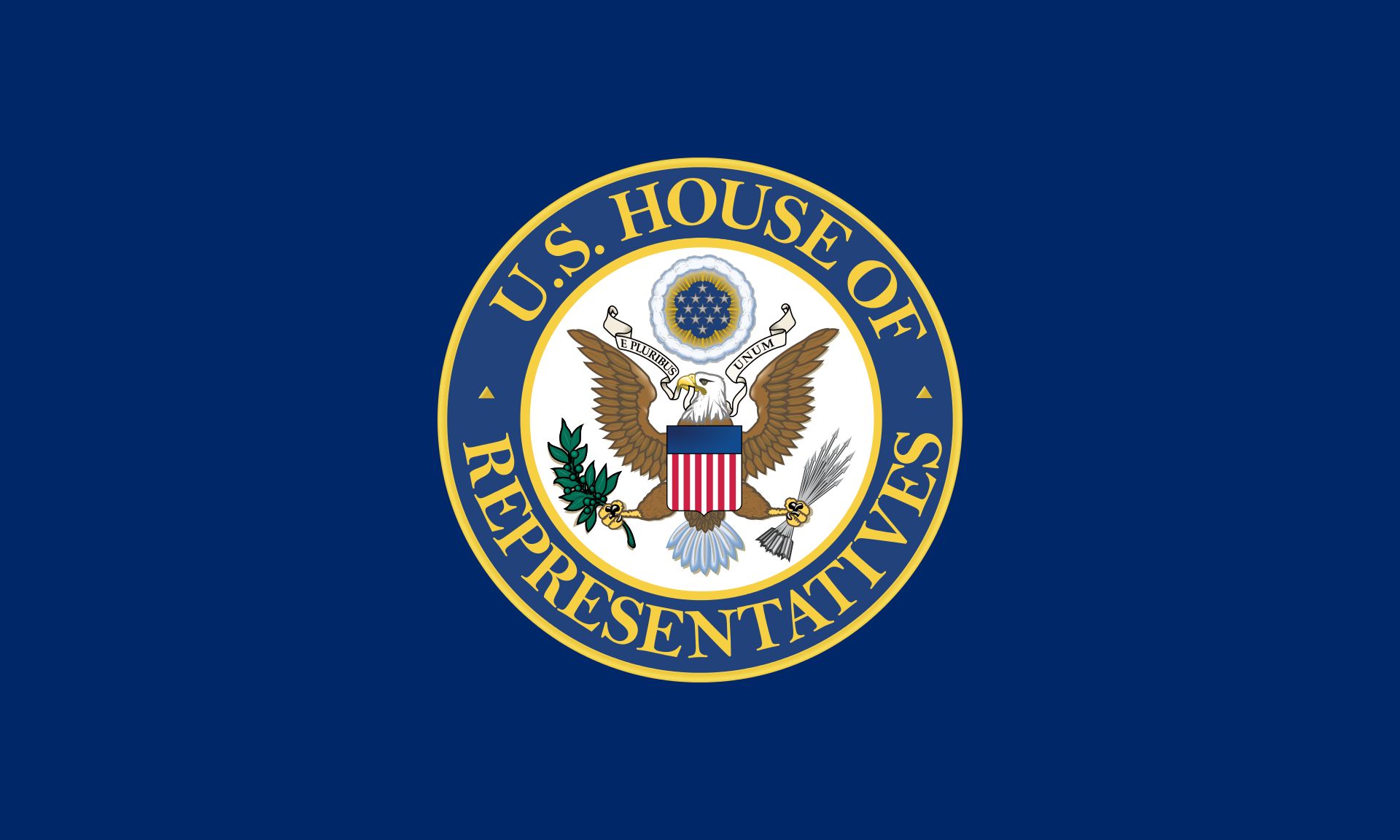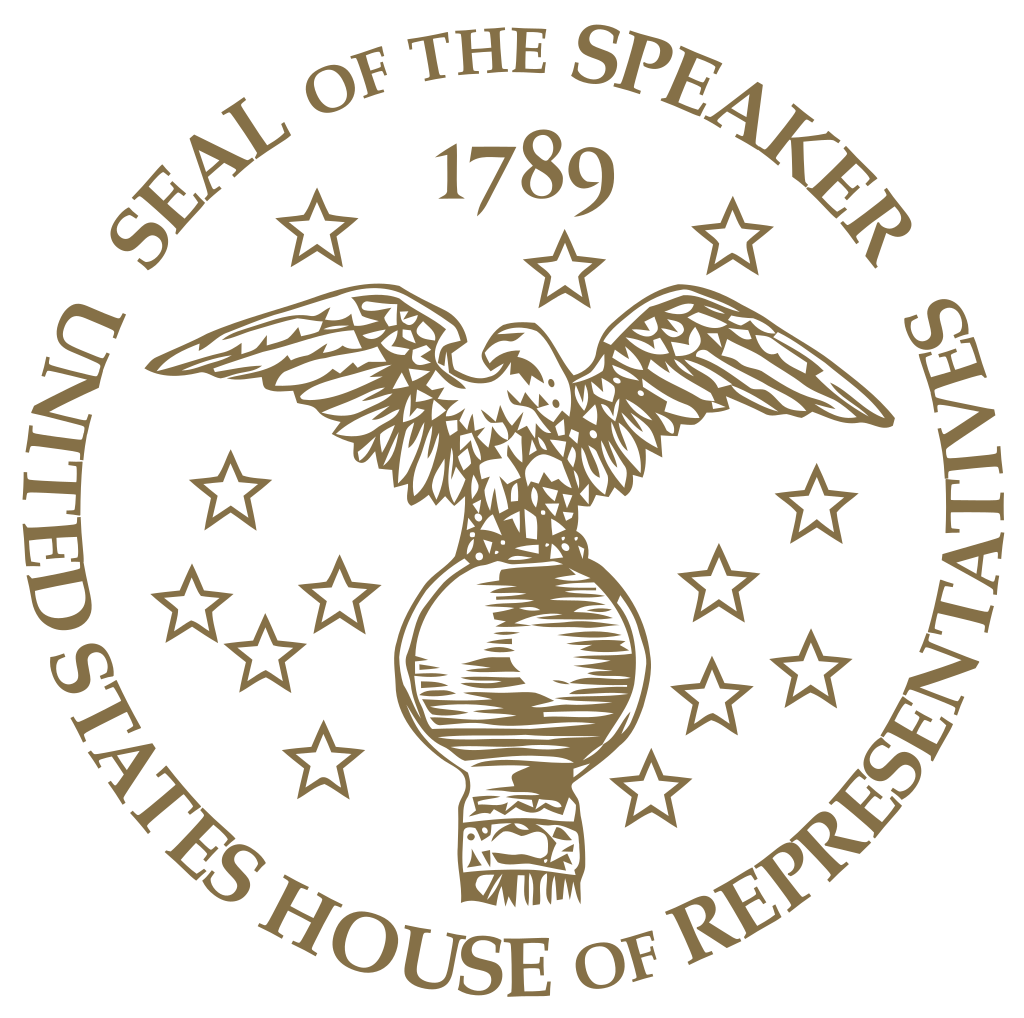- Jul 12, 2018
- 10,446
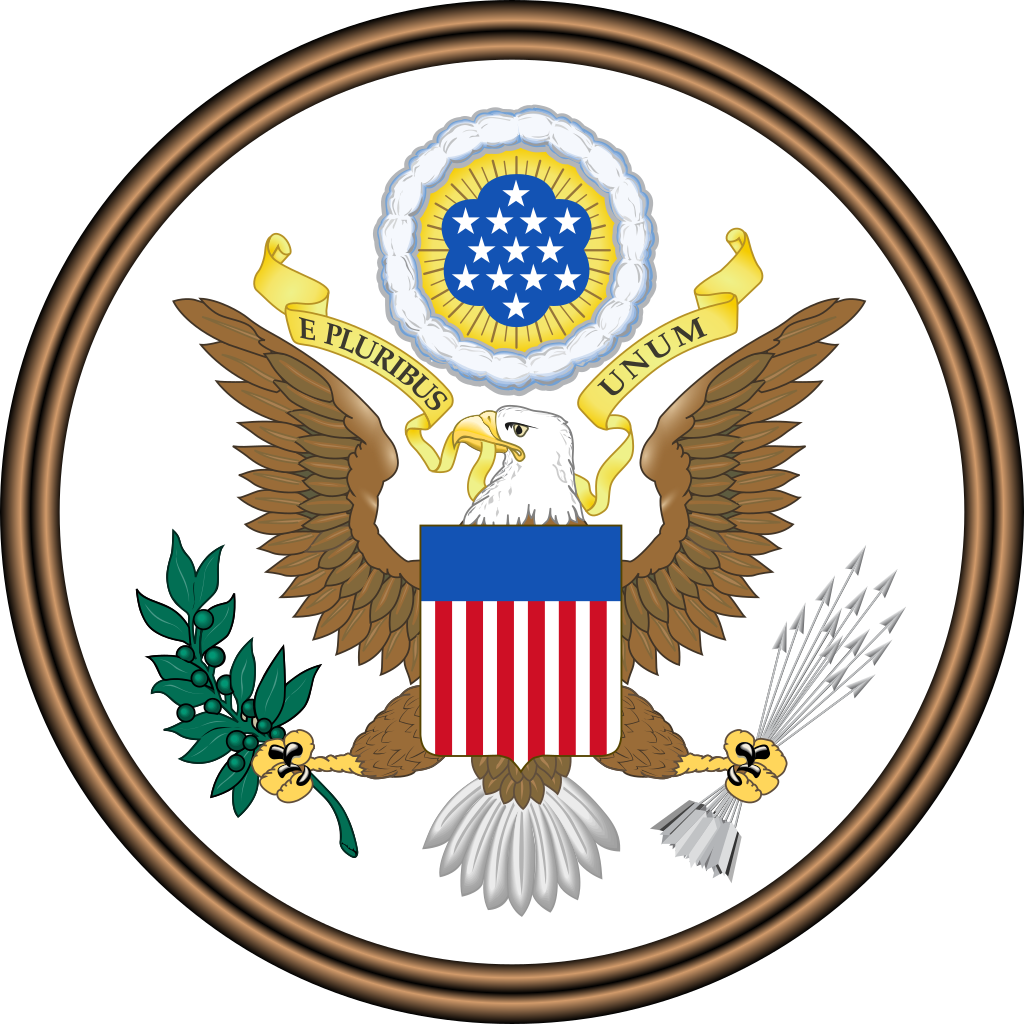
| 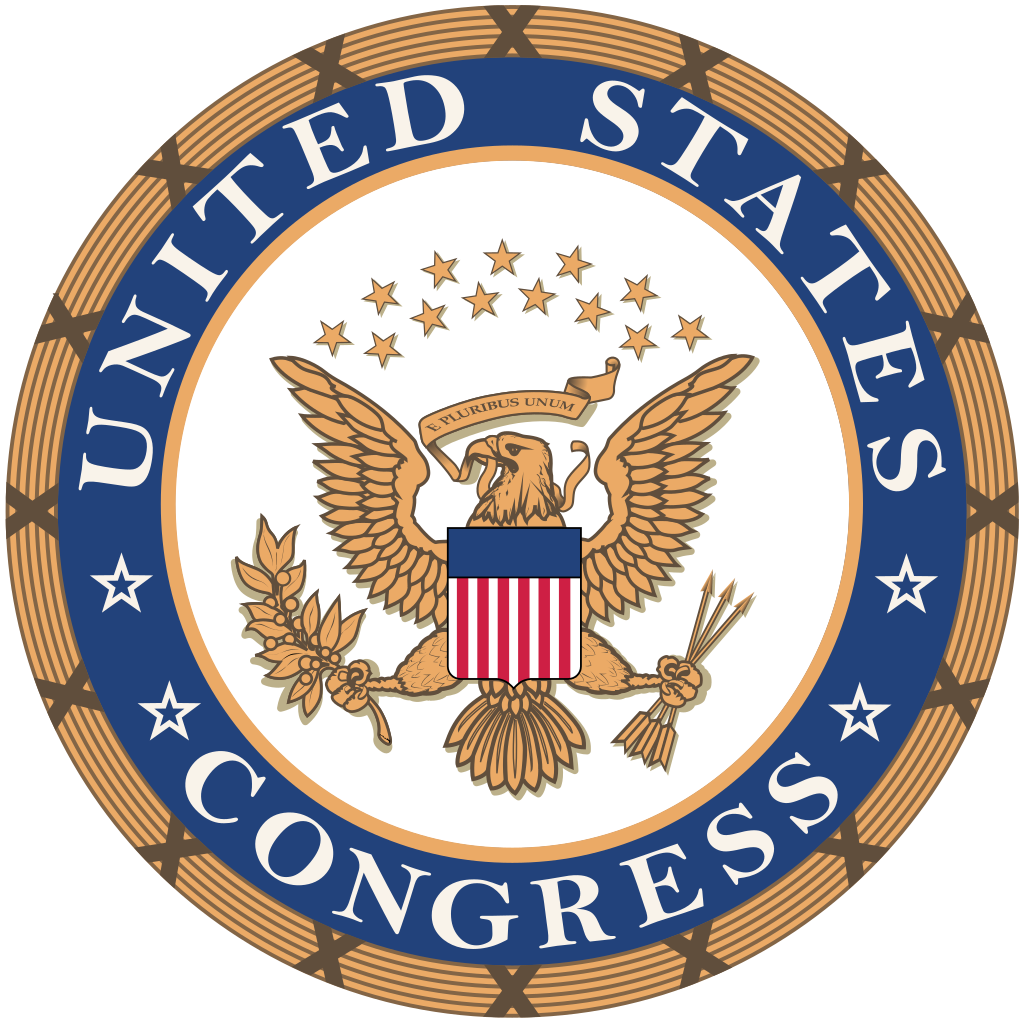
UNITED STATES CONGRESS | 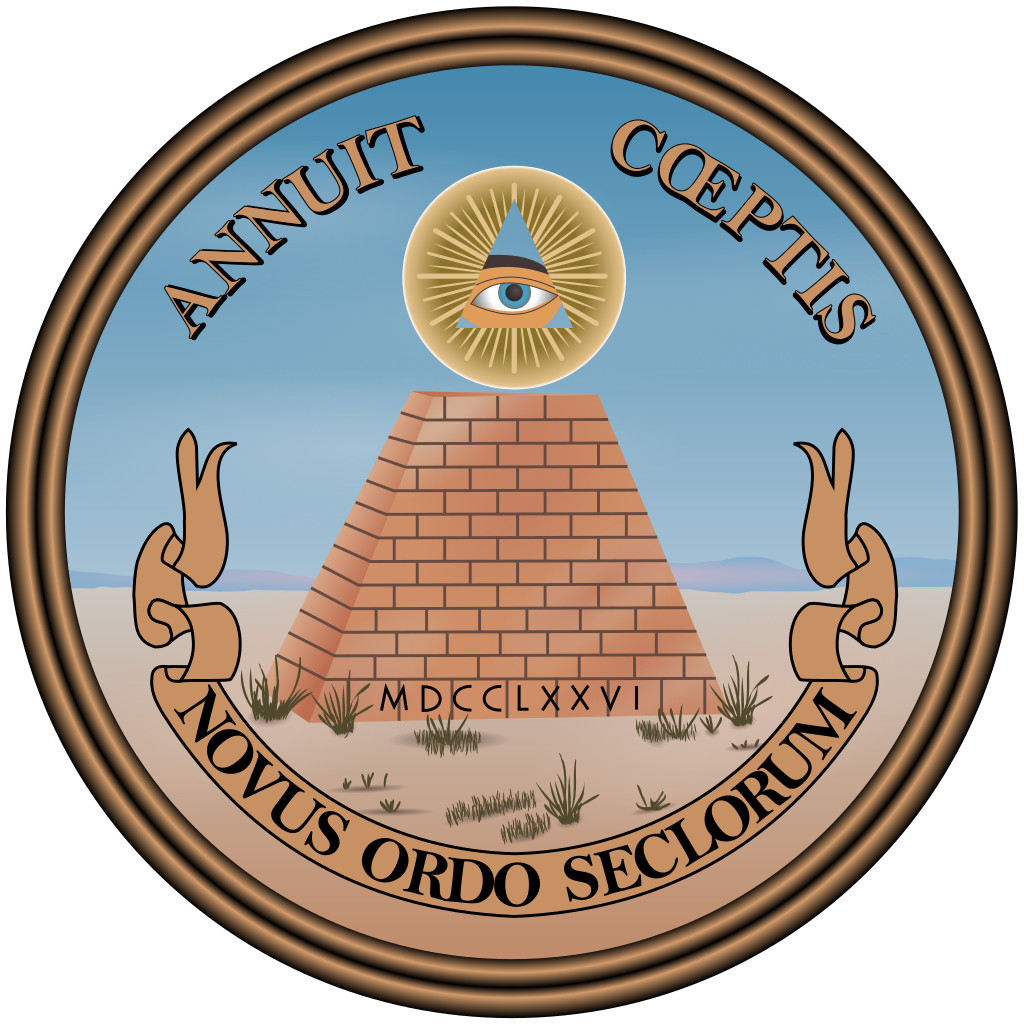
|
Public |
The United States Congress is considered the voice of the people and the primary democratic organ of the United States Federal Government. The Congress is a bicameral legislature consisting of chambers: the Senate (the upper chamber composed of 100 senators) and the House of Representatives (the lower chamber composed of 435 congressmen). Every state is allocated two senators, while the House of Representatives is roughly proportional to population. The Senate has staggered elections where senators enjoy 6-year terms, while their colleagues in the House of Representatives only have two-year terms. As part of the separation of powers, the Senate and House of Representatives themselves have some of their own specific powers. For example, only the Senate can approve treaties with foreign governments, while all spending bills must originate from the House of Representatives. Proposed legislation must pass both chambers of Congress and be signed by the President in order to become law. The President has the power to veto legislation, which can be overpowered by a two-thirds supermajority from both chambers. The Congress, collectively, has the exclusive powers to declare war and to amend the United States Constitution.
"All legislative Powers herein granted shall be vested in a Congress of the United States, which shall consist of a Senate and House of Representatives."
-Article 2, Section 1, Clause 1, United States Constitution
-Article 2, Section 1, Clause 1, United States Constitution



